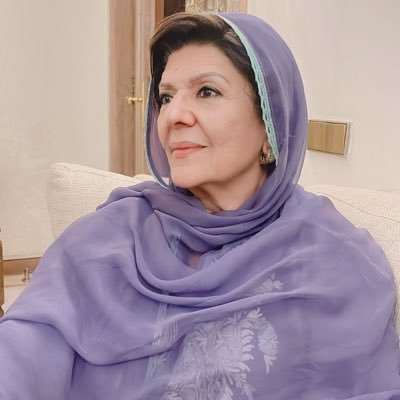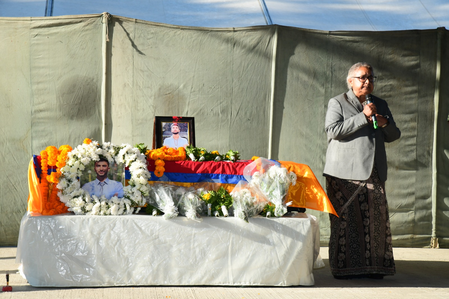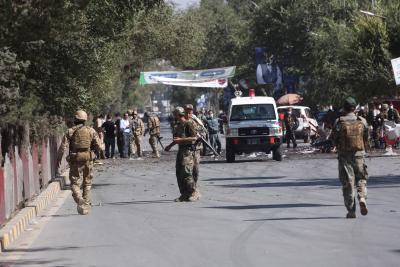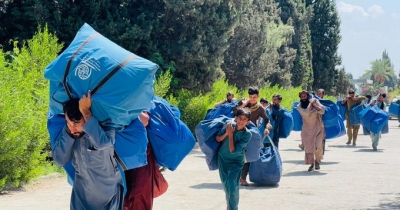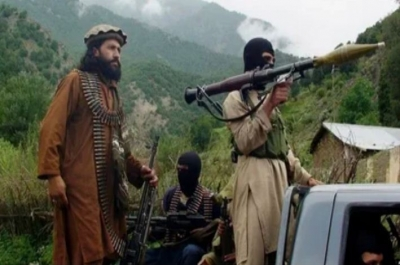
New Delhi, Sep 9 (IANS) More than four years after the Taliban returned to power in Kabul following the withdrawal of U.S. troops in 2021, Afghanistan’s political reality has shifted irreversibly.
Once the most formidable opposition to the Taliban, the Northern Alliance – which held sway in the 1990s and early 2000s from its stronghold in Panjshir Valley – has now all but collapsed, reduced to scattered voices abroad with little to no support at home or internationally.
Ahmad Massoud, son of the legendary anti-Taliban commander Ahmad Shah Massoud, has attempted to revive his father’s legacy by positioning himself as the de facto leader of a resistance front.
He has reportedly, in the past few months, organised conferences in Western capitals, hoping to galvanise political and financial backing.
However, unlike the 1990s, when countries including India and several Western powers extended support, the “resistance” today finds itself isolated and ignored.
A senior Afghan political leader, speaking to IANS on condition of anonymity, admitted that the Northern Alliance has “become defunct.”
“Many of its key figures have either left Afghanistan permanently and settled abroad, or in some cases, merged into the Taliban dispensation itself, abandoning the Alliance’s ideology. What exists now is a splintered group with no real significance,” the leader stressed.
The disintegration is striking given the Alliance’s historic role.
During the Taliban’s first stint in power (1996–2001), India was a staunch opponent of the regime and openly backed the Northern Alliance, providing political, logistical, and moral support.
The U.S.-led invasion after 9/11, aided in part by Northern Alliance fighters, once placed the group at the heart of Afghanistan’s transition.
But the geopolitical landscape has shifted. With the Taliban entrenched in power and foreign militaries long gone, most capitals — including New Delhi — are taking a pragmatic approach.
While India has stopped short of formally recognising the Taliban government, it has steadily expanded channels of engagement, from reopening its embassy in Kabul to initiating humanitarian aid, including the latest aid consignment after the deadly earthquake and quiet diplomatic contacts.
India has quietly handed over Afghan consulates in Mumbai and Hyderabad in the last few months, and observers claim that the Afghan mission in New Delhi could also be given to Taliban diplomats in the coming months.
“Delhi is engaging with the Taliban regime and is likely to strengthen this engagement further, given the regional context and its national interest,” the senior Afghan leader noted.
For Ahmad Massoud and the remnants of the Northern Alliance, however, the road ahead looks bleak.
–IANS
sas/dan

